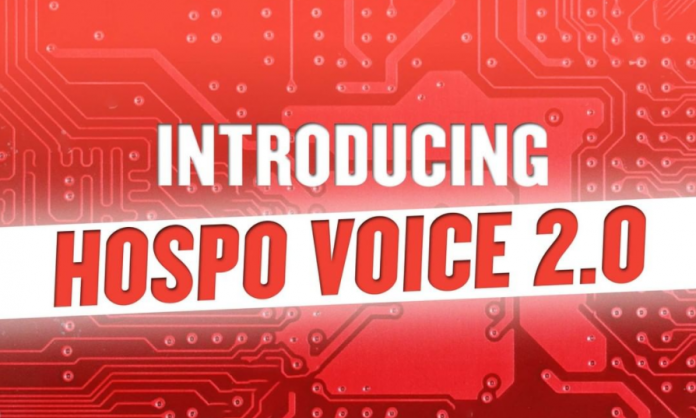Hospo Voice calls itself Australia’s first “digital union”. Its Facebook page calls it a “platform for hospo workers to come together and use collective power to change our industry”. But Hospo Voice exists mostly as a source of media releases and not very useful apps. In recent weeks, Hospo Voice’s leadership proposed something even worse: converting the so-called “union” into a paid subscription service. They say they might help you get your stolen wages back—if you pay for the premium membership plan.
In a recent meeting, the Hospo Voice officials announced the introduction of a new “tiered membership model” to address “budget shortfalls”. Apparently Hospo Voice spends an average of $130 per new member on online advertisements (apparently the main recruiting strategy), with members retaining their $10/month membership for an average of 10 months—so, with a growth strategy based on paid advertising, the union was losing roughly $30 on every new recruit.
Hospo Voice plans to make up the shortfall by offering three “tiers” of membership at different rates. The $10 per month “Basic” plan gives unionists access to an “online community”, the “ability to participate in and support HV campaigns” and “access to the collective buying power of the Australian Union Movement’s member benefits program”: “discount movie tickets, insurance, accommodation and more”.
Not enough? For $29 a month, Standard plans provide access to Hospo Voice’s “Mobilise” App, which includes a pay calculator to figure out what you should be receiving in wages, and a “harassment diary” to conveniently keep track of repeated sexual harassment you experience at work. Standard membership will also provide a “full resource and template library” and “Masterclasses with industry leaders” to “learn the art of coffee making, cocktail curation, and more”.
Once you hit the deluxe $79/month “Plus” membership, the union will offer “personalised support to win back your unpaid wages”. Shouldn’t the union be trying to fight to win back unpaid wages for all its members, building collective power along the way? Apparently that doesn’t fit the commercialised understanding of unionism that prevails at Hospo Voice, where the “union” is a service provider extracting revenue from a passive membership. And even if you pay for “Plus”, don’t expect any real organising. “Personalised support to win back your unpaid wages” is more likely to mean help with lodging a Fair Work claim, not workplace organising.
Hospo Voice secretary Tim Peterson justified the changes by saying that the outfit “wanted to attract a variety of new members—some want help to advance their careers ... Some people want discounts, and that’s where they’re coming from”.
This is only the latest debacle in the sad history of the so-called digital union. Previous Hospo Voice schemes include a listicle- and meme-filled blog including articles on topics like “Working Your Way Up Hospitality Management” (remember to tell the boss how ambitious you are: “sometimes hard work doesn’t get noticed until you tell your boss about your intentions”), and the absurd “Fair Plate” system, which promotes any restaurant that pays Hospo Voice $300 for a union accountant—a money-grubbing scheme to promote bosses with a trade-union version of an energy-efficiency rating. If bosses don’t pay, workers can leave their own reviews, a bit like Google Reviews or Zomato but with fewer readers. How’s the certification program working out? If you check, you’ll find plenty of “Fair Plate Certified” venues where workers have left reviews complaining of wage theft and unpaid overtime.
It’s not like there’s nothing to fight around. The hospitality industry is notoriously characterised by poor wages, long hours and a stressful environment. Wage theft is rife. In 2018, Fair Work audited 243 hospitality businesses across major cities in Australia and found that 75 percent of them were breaching their legal obligations, with wage theft representing 38% of those instances. Insecure work is a continuing issue for hospitality workers. The hospitality industry has the highest rate of casualisation of any industry—an ABS survey places it at 79 percent. It is also an industry that is infamous for having a toxic and sexist workplace culture. According to an internal survey conducted by United Workers’ Union, 89 percent of young women working in hospitality reported they had been sexually harassed.
After a wave of investigative journalism into wage theft, and an impressive rank-and-file organising drive by United Voice members at Grill’d that the union parlayed into widespread media coverage, United Voice began paying more attention to hospitality as a potential growth area. But the body they set up to address the problem, Hospo Voice, is not fit for purpose. The latest “tiered membership” scandal shows how deeply its officials view members as a passive source of revenue, rather than potential activists who can and must, with patience and effort, get organised to resist in their workplaces.










